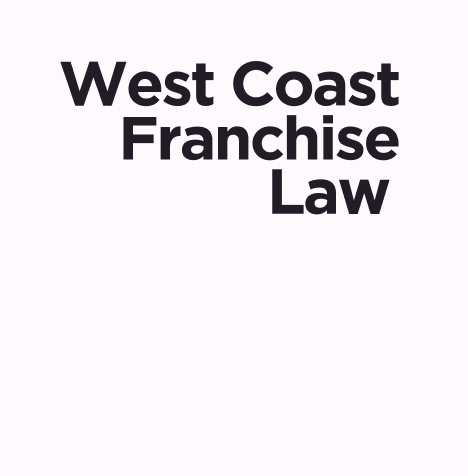It is impossible to work with restaurant franchisors or franchisees without seeing the many ways private equity investors are shaping the industry. I do not work inside the world of private equity, so I am saying right upfront: I don’t know what the hell I’m talking about here. This is just me spouting off.
However, while it’s sometimes obvious that private equity investors know more than I do, I am also sometimes surprised by how much less they know. We have seen some real success stories when private equity investors take over brands, bringing in access to capital that owners just didn’t have before. Franchisors and franchisees can do a lot with that.
The primary question when partnering with private equity is this: Are they in it for long-term growth, or a quick buck?
We just participated as a sell-side M&A firm in the sale of a seven-restaurant group, Wings ’N More Restaurant & Bar, to a private equity outfit called Goode Partners LLC, a firm with a long track record of investing in restaurants and other consumer brands. My client, the brand’s owner and operator, sold his restaurants, the concept, and the brand to Goode Partners. This is the group that bought Chuy’s Fine Mexican Foods in 2006 when the company only had eight restaurants and grew it to 40 locations and a market value of $420 million.
In addition to getting cash consideration, my client kept his owned real estate, which he leased to the buyer and received a tiny piece of the future operating company. This is a great example of a private equity investment group with sophistication and experience that will definitely do more with this business than otherwise could have been done. I was excited for my client, who will benefit from a share of the potential upside, leases from great tenants, and a good sale price. Also, this is a legacy play — a way for my client to make the most of what he had built. This business he started decades ago, will be taken to the next level.
Contrast that with a crew that basically goes in and buys a restaurant group like some 1980s-style Gordon Gekko, loads it up with a mountain of debt, and then takes the cash from the loan and runs, leaving the business to service the loan with cash flow. And because they haven’t personally guaranteed the debt — well, if it doesn’t make it, it doesn’t make it. They got paid on the front end. Examples of this investment style are all over the headlines, from Red Lobster to Boston Market, giving rise to attacks from critics in the industry, like one that appeared recently in Restaurant Finance Monitor: “All brands are just one or two private equity decisions from becoming Ruby Tuesday.”
If you are selling your business to private equity investors in that camp, you need to decide that you don’t care. And, of course, you never know. If the investors are saying they are not going to pillage the business, are they telling you the truth? Are they being transparent about the way they see the future? Or are they describing their options in a way they know will be the most palatable to the seller?
We have seen private equity buy franchisors and franchisees based on growth targets that are just spit-out-your-coffee aggressive. They are signing development agreements that they cannot possibly meet. Even if they could afford to build new restaurants as quickly as promised, and even if they had the resources to do so, they still could never find the real estate fast enough. These aggressive contracts are driven by ignorance, inexperience, or some agenda I don’t understand.
My constant advice to my clients is: Don’t sign contracts you do not believe you can actually fulfill. It’s just a bad idea. If you know there’s no way, then don’t do it, regardless of how attractive it is upfront. Make sure you are left with enough liquidity to go on the offensive and realistic growth targets you believe you can meet. That is the only path to what we all should want — a win-win.

